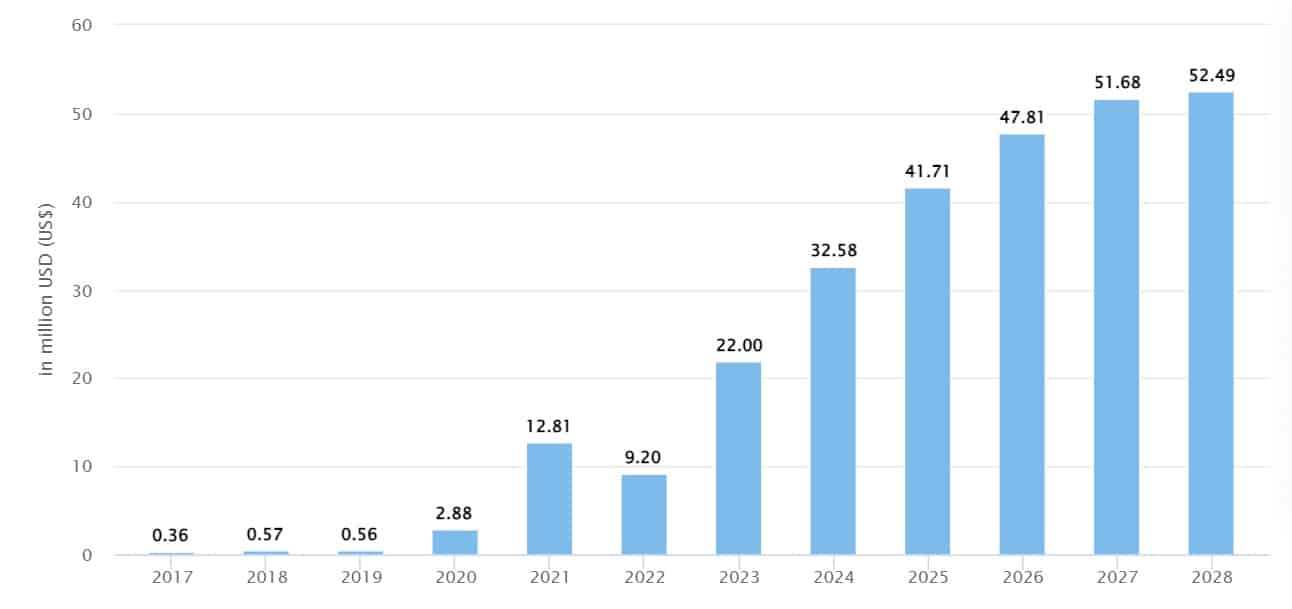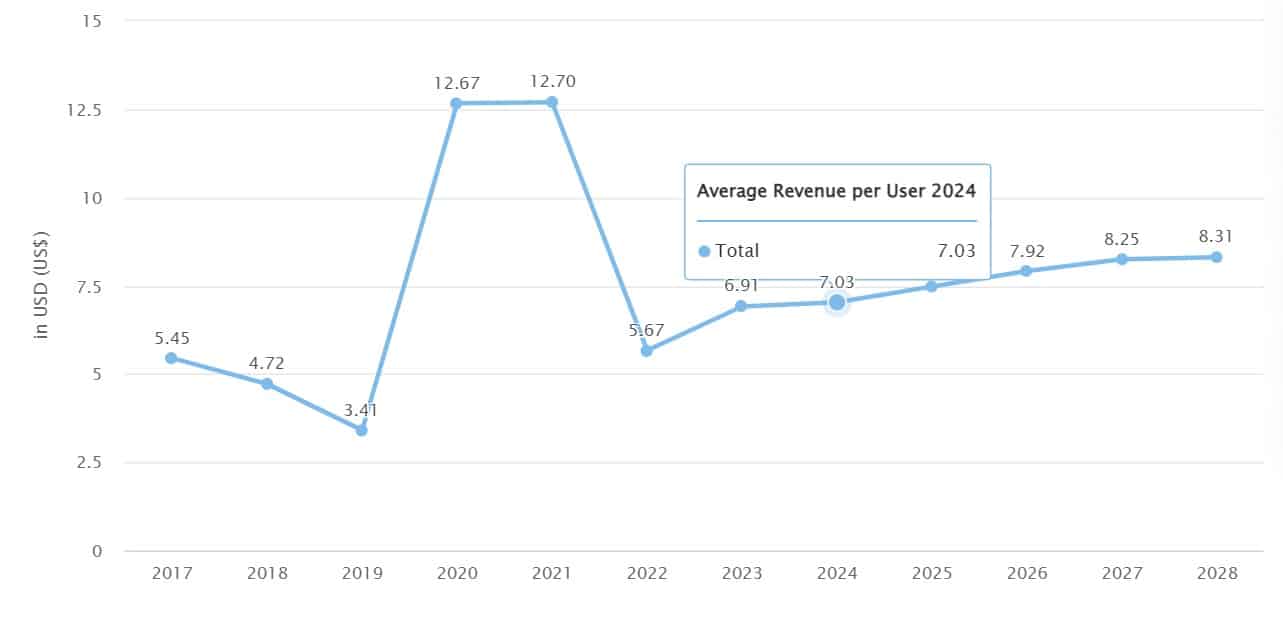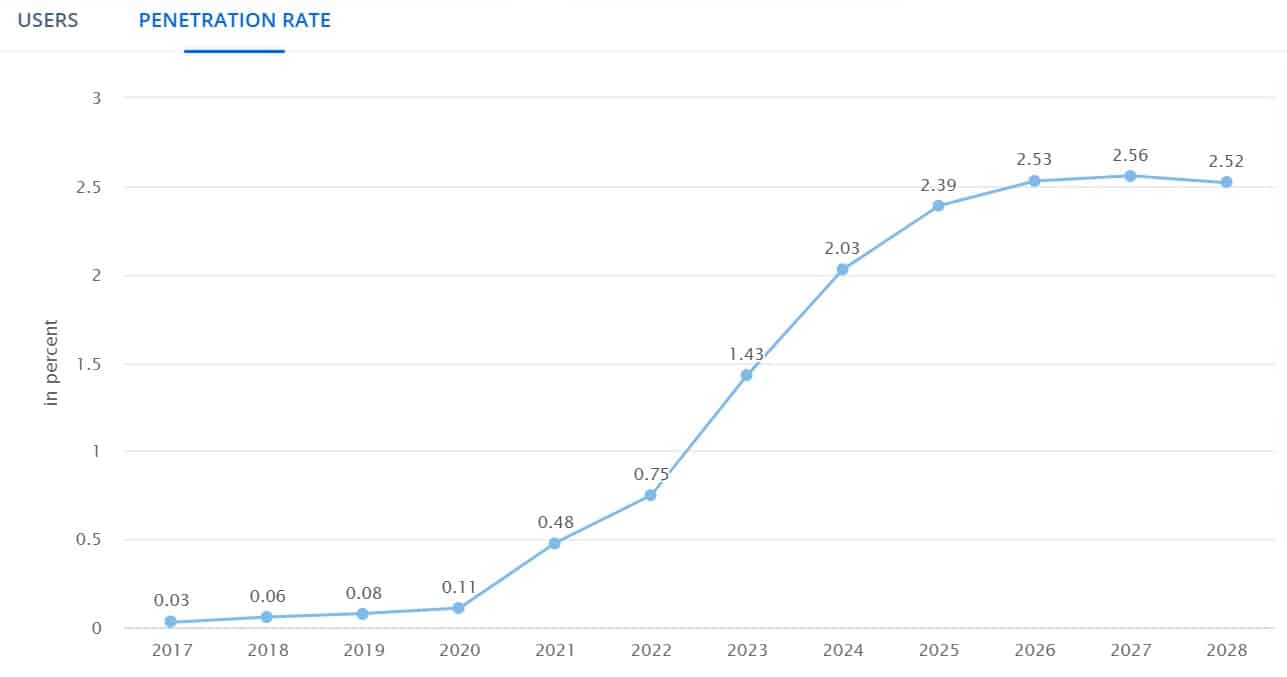- The federal government of Nigeria has attempted to introduce regulation and taxes on cryptocurrencies.
- The legislation comes as cryptocurrency adoption grows in the country.
In recent months, cryptocurrency markets have come under increased scrutiny from regulatory authorities.
Several countries, including Russia and Turkey, have instituted various regulations and reforms to govern cryptoassets and digital assets, as previously reported by AMBCrypto.
Nigeria has now joined the race with a new crypto bill.
Nigeria pushes for cryptocurrency regulation bill
On August 18, Dr. Zacch Adedeji, Chairman of the Federal Revenue Service, announced that the Federal Government of Nigeria would introduce a crypto regulatory bill to Parliament during stakeholder engagement with the Senate and House Finance Committee.
During his speech, he highlighted the role of crypto and its impact on the Nigerian community, adding that,
“We cannot run away from the cryptocurrency ecosystem because it is fashionable. But as things stand in Nigeria, there is no law that regulates cryptocurrency operations.”
The bill aimed to amend the country’s tax administration and simplify existing tax laws.
It aims to control the cryptocurrency market and ensure that digital assets do not harm the Nigerian economy by implementing taxes for cryptocurrency businesses and services.
Growing adoption of cryptocurrencies in the country


Source: Statista
The bill comes amid growing adoption of cryptocurrencies in the country. Revenue from the cryptocurrency market in Nigeria is expected to reach $32.58 million by 2024.
Crypto industry revenue to grow by 12.66% to $52.49 million by 2028.


Source: Statista Markets
According to Statista data, in Nigeria,
“The average revenue per user in the cryptocurrency market is expected to be $7.03 in 2024.”
This figure is expected to increase further.
Furthermore, the number of users is expected to reach 6.32 million by 2028, with a user penetration of 2.05% in 2024 and 2.25% by 2028.

Source: Statista
Although the usage and adoption of cryptocurrencies in Africa is low, Nigeria is a major player. The country ranks second after South Africa in terms of cryptocurrency usage and market penetration.




